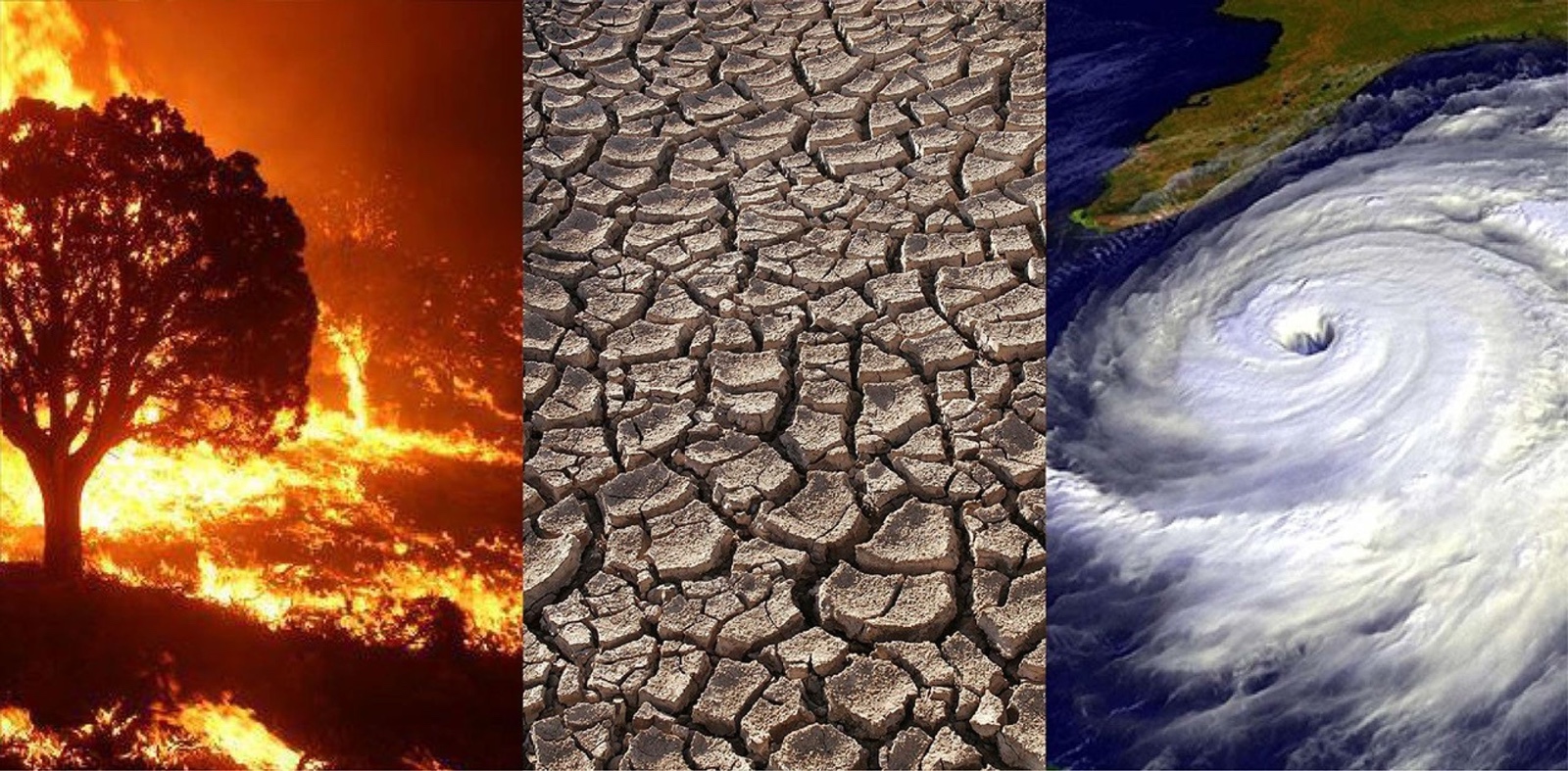Impact of Climate Change on Vulnerable Societies
Climate change poses a significant threat to marginalized communities in India, exacerbating existing inequalities and leading to severe social, economic, and health implications. As extreme weather events become more frequent and intense, the impact on vulnerable populations continues to grow, highlighting the urgent need for data-driven climate risk management and climate adaptation strategies.
In 2024, India experienced extreme weather conditions on 255 out of 274 days, resulting in approximately 3,238 deaths, marking an 18 percent increase from previous years. These events not only cause immediate devastation but also have long-term socio-economic repercussions. The Economic Survey of India 2023-24 reported that food inflation rose from 6.6 percent in FY23 to 7.5 percent in FY24, primarily due to erratic weather patterns disrupting agricultural cycles and increasing climate risk.
One of the most devastating events of the year, the Wayanad landslides in July 2024, damaged 310 hectares of farmland and resulted in 420 casualties, significantly impacting local ecosystems and livelihoods. Additionally, incessant rainfall and flooding damaged approximately 3.2 million hectares of cropped land, further straining India’s food supply and rural economy. With 90 percent of the country falling within extreme heat danger zones (as per PLOS Climate), marginalized communities struggle to cope due to inadequate infrastructure and limited resources, making climate risk management a pressing concern.
The financial burden of climate change is also staggering. The World Economic Forum estimates that by 2100, climate-related challenges could cost India between 6.4 percent to over 10 percent of its national income. These projections emphasize the necessity for proactive interventions, including disaster preparedness, climate-resilient healthcare systems, and sustainable infrastructure development to protect at-risk populations from escalating climate risk.
Leveraging Climate Risk Data for Resilience
In the face of such challenges, organizations and governments must embrace data-driven climate risk management. By harnessing real-time climate risk data, businesses and policymakers can develop targeted strategies to mitigate the adverse effects of climate change and build long-term resilience.
Datasurfr, an AI-enabled risk intelligence platform, plays a crucial role in this ecosystem by providing real-time monitoring of climate risks. Through advanced analytics and predictive insights, Datasurfr helps businesses, policymakers, and communities understand, anticipate, and respond to climate threats more effectively. As India navigates an increasingly volatile climate landscape, tools like Datasurfr will be instrumental in ensuring a more secure and sustainable future by continuously analyzing climate risk data.
Climate change is no longer a distant threat—it is a present reality. The time for action is now, and leveraging climate risk intelligence is key to safeguarding communities, economies, and the environment against future uncertainties. By prioritizing climate risk data analysis and risk mitigation, India can better prepare for the challenges posed by climate change.






